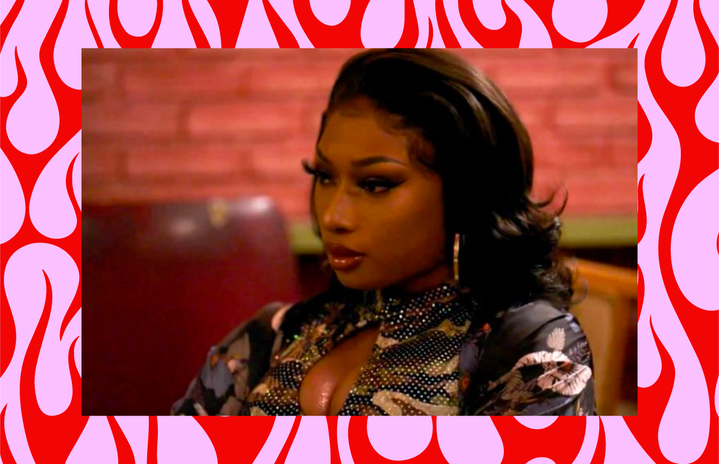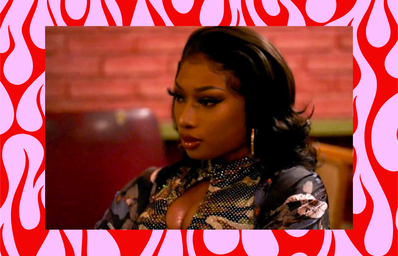Songs like “Munch (Feelin’ U)” by Ice Spice, “Cash Sh*t” by Megan Thee Stallion, and “SkeeYee” by Sexyyred, comprise the genre “Hot Girl Rap,” or rap music made by women containing sexually explicit lyrics accompanied by an addictive, punchy beat. Upon release, “Hot Girl Rap” songs dominate the music charts for weeks, every artist overtaking her male counterpart. For example, Ice Spice is currently nominated for four Grammys — a record-breaking number for any rookie artist, especially when Ice Spice released her debut song, “Munch (Feelin’ U)” in August of 2022.
“Hot Girl Rap” is popular amongst people of all genders — not just women. Its allure lies in the fact that women, namely women of color (WOC), are reclaiming desire and confidence as positive feelings. The “Hot Girl Rap” genre has excelled since the 1990’s and 2000’s with Grammy award-winning artists like Lil’ Kim and Missy Elliot, yet the discussion on “Hot Girl Rap” as a means of empowerment and liberation is lacking.
Obviously, one does not need to “switch [their] wig and make him feel like he cheatin’” to find confidence and empowerment in “Hot Girl Rap” songs. Women’s empowerment and liberation is not based on previous sexual experience or attraction to men — it’s the openness to discuss sex, desire, and romance that makes “Hot Girl Rap” empowering and liberating, not the sex, desire, and romance itself. For WOC especially, “Hot Girl Rap” is a statement against the demonization of feeling love and lust, and a rejection of the stereotype that WOC are “promiscuous” through the fervent repetition that women of color are more than warm bodies, and have needs as well.
When asked by Revolt about her sexually explicit lyrics, rapper Megan Thee Stallion said, “women should be able to control the narrative of how they want to be treated… I try to set an example for all my ladies to embrace their confidence and sexuality.” Proving why the presence and popularity of “Hot Girl Rap” is so important, Megan Thee Stallion (who also coined the term Hot Girl Summer!) treats her subject matter and lyrics as an homage to the importance of women’s needs in a relationship and sexuality being perceived as a positive aspect of life for men and women.
Despite “Hot Girl Rap’s” influence in destigmatizing desire and sexuality in WOC, it is often illegitimized due to the coexisting emphasis on aesthetics and fashion for all musical artists, though there is a double standard for female artists. Ice Spice, for example, is a bisexual rapper and raps about her attraction to both men and women. Despite being one of the few and much-needed queer rappers of color, her work and influence are often overlooked because of the societal expectation that women, especially WOC, can’t be talented and beautiful at the same time.
And it’s not just Ice Spice who is constantly illegitimized by the media — Megan The Stallion (especially amidst her trial with Tory Lanez), Nicki Minaj, Flo Milli, and Doja Cat have all been exploited online, the butt of many a joke and the subject of articles detailing how “so and so is untalented because she can’t stop talking about sex!” What detractors aren’t acknowledging are “Hot Girl” rappers’ ability to build a large platform and sphere of influence in an immensely short amount of time, catching the attention of everyone. “Hot Girl Rap” is also immensely versatile, meaning there’s a song for everyone regardless of their taste. Respectfully, their male counterparts could never!
Though “Hot Girl Rap” will always have a special spot on my (non-alcoholic!!) pregame playlist, it also has a special spot in my, and all our hearts. As catchy, fun, and lighthearted as it is, “Hot Girl Rap” is forever a testament to the strength, resilience, and talent possessed by women of color.

